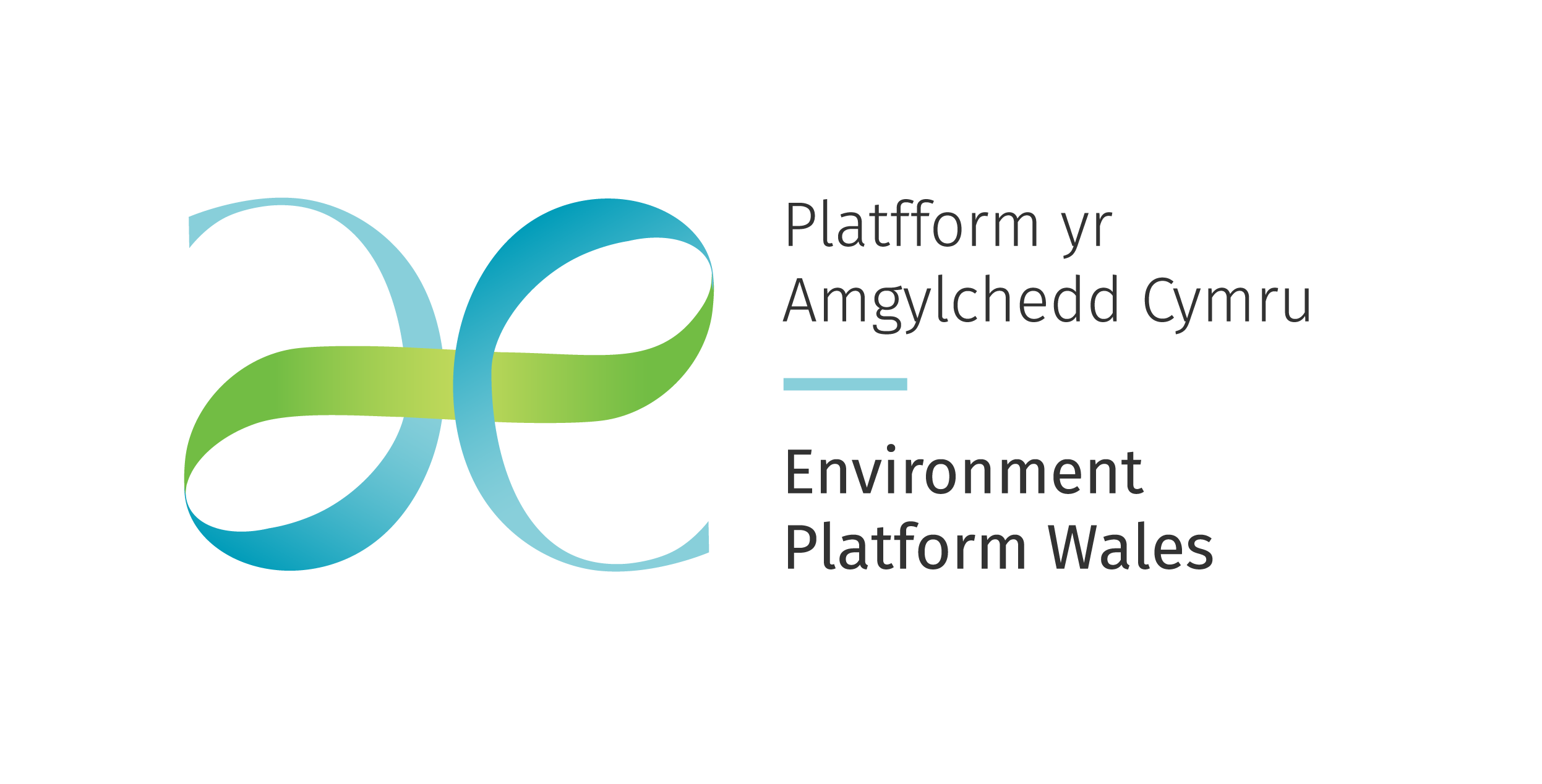Environment Platform Wales hosted a knowledge exchange workshop on ‘Plastics in the Environment’ for academics and policy makers in partnership with Welsh Government.
The event was attended by:
- academics from Aberystwyth University, Bangor University, Cardiff University, Cardiff Metropolitan University, UK CEH, and further afield.
- policy makers from Welsh Government, Natural Resources Wales and Public Health Wales
- influencers from Keep Wales Tidy, Afonydd Cymru, Friends of the Earth, NERC, Transport for Wales and the National Federation of Women’s Institutes.
Some of the key takeaways from the event were:
- The need to understand and regulate the impacts and toxicity of biodegradable alternatives, additives, agri-plastics, textiles, personal care products, emerging contaminants, rubber tire tread… product passports and data sharing.
- The need to understand environmental pathways e.g. impact of microplastics on nutrient recycling & sampling, monitoring and analysis.
- Taking a joined-up approach to policy advocacy work on microplastics, e.g. the need for washing machine microfiber regulation.
- Engagement with the public, industries and retail for behaviour change.
Welsh Government Policy Update | Claire Bennet
- Environment Platform Wales and Welsh Government are pleased to bring together academics, experts and policy makers to identify priorities for action in the areas of water, waste, plastics and climate change. We are also pleased to invite Friends of the Earth and other 3rd sector stakeholders, recognising their contribution to championing the topic of plastics in the environment.
- Welsh Government would like to better understand the implications of plastics in our bodies, including the bioaccumulation of microplastics, travel pathways (e.g. drinking water), health implications and what to do about this.
- Welsh Government would like to better understand the impacts of plastics around the world, recognising finite global resources and concerns around stability of resource extraction.
- Welsh Government has been focusing on taking unnecessary plastic out of the environment, e.g. reducing single use plastics, through the Environmental Protection (Single-use Plastic Products) (Wales) Act 2023 and improving recycling through the workplace recycling scheme.
- Welsh Government would like to better understanding complex issues around bio-degradable alternatives and other options and opportunities for alternative materials.
- In the context of the Sustainability Development Goals, the Welfare of Future Generations Act and the Kunming-Montreal Global Biodiversity Framework, working towards a range of pressures and drivers, including microplastics and biodiversity loss targets.
- Recognising the Plastics Treaty – calling on action for signatories. What can we do now? What can we build into policy?
- Aligning with the circular economy strategy, understanding of processes of behaviour change, partnerships.
- Aligning with other UK Government policy development e.g. unflushable wet-wipes and single use vapes.
- Taking into account the impact of implementing policy on people, businesses, including other needs such as disabled access.
- Building on WRAP work on textiles and packaging.
- Recognising a policy window, that we are 1 year from the Senedd election and political parties are drafting future commitments. There is scope to influence the research and campaign agenda, enabling civil service preparation from the valuable insights gained from discussions.
Challenge identification and priority setting workshop outputs
Quick Wins
- Washing machine microfiber regulation
- Understand release of microfibres during the washing process
- Legislate to insist washing machine filters are fitted on all machines
- Welsh Gov to lobby UK Gov to legislate for filters on washing machines
- Research:
- Data Sharing
- Identify key pathways for intervention e.g. collect road runoff, washing machine filters
- Relationship between plastics & food system / food security
- Transfer from air to agriculture/crops
- Changes in GMP for product passports
- Emerging chemical pollutants in water (Policy/Monitoring)
- Effects of MiPs on nutrient recycling
- Understand the impacts and toxicity of:
- Emerging chemical pollutants in water & the environment
- Biodegradables
- ‘Green’ alternatives to additives
- Personal care products
- Fibres and textile waste
- Rubber tyre tread
- Food products
- Sampling, monitoring and Analysis:
- Risk informed targeting of monitoring design (ecosystem sensitivity, increased exposure) (RC)
- Tech development – GC-VUV all-in-one plastics analysis (RG)
- Volatile organics analysis (RG)
- Emerging chemical pollutants in water (Policy/Monitoring)
- Simple microplastics testing in environmental samples (suitable for schools)
- Simplification of chemicals
- Regulation and monitoring
- Policy advocacy work on microplastics
- Understanding what level of evidence is needed from policy makers to make a decision
- Welsh Gov to lobby UK Gov to legislate for filters on washing machines
- Harmonizing sampling and analysis of microplastic in waters upstream, Horizon Europe
- Joined-up approach with other governments, regulators etc.
- Evaluating solutions, also consider factors such as food security
- Engagement
- Engaging with industries to see how a policy could be implemented
- Changing public behaviour / educating communities about plastic microfiber
- Reduce single use plastic production/sale
- Plastic waste management



